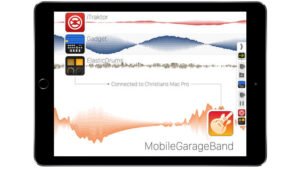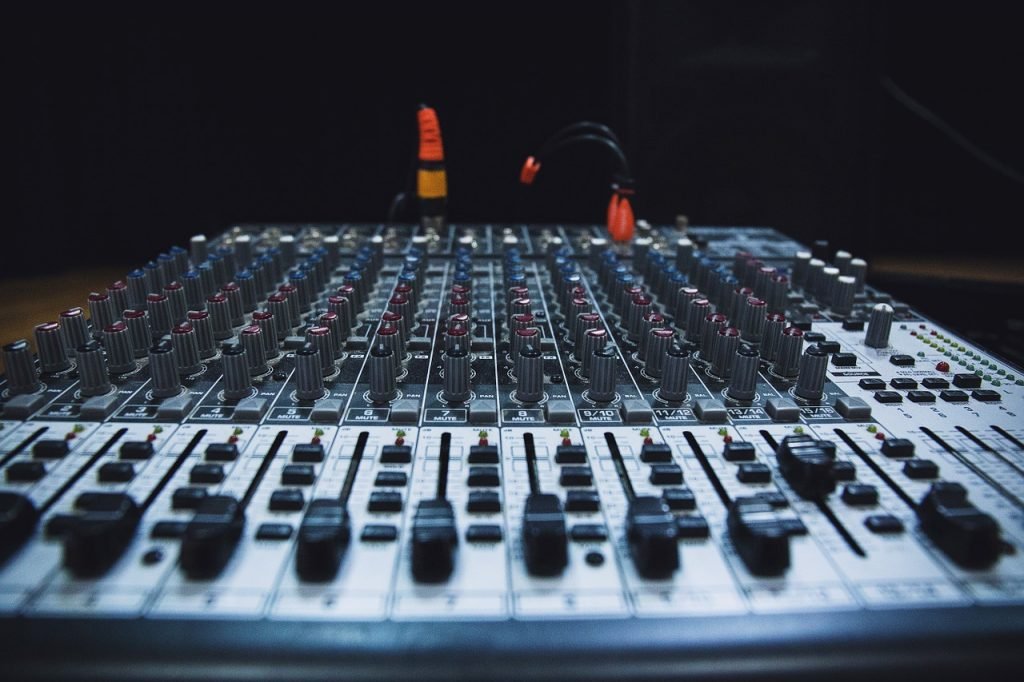Technology has transformed nearly every aspect of human life, and music creation is no exception. From the way we compose and produce music to how we distribute and listen to it, technological advancements have revolutionized the music industry. This article explores how technology has changed the way we create music, empowering musicians and composers to push boundaries, enhance creativity, and connect with global audiences.
1. Digital Audio Workstations (DAWs)
In the past, recording music involved expensive equipment, complex setups, and large studios. Today, digital audio workstations (DAWs) have made music production more accessible than ever before. These software platforms allow musicians to create, edit, and mix music on their personal computers.
- Popular DAWs: Programs like Ableton Live, Logic Pro, FL Studio, and Pro Tools have become staples for both professionals and aspiring musicians. These tools provide an all-in-one solution for recording, arranging, mixing, and mastering tracks, eliminating the need for extensive studio setups.
- Impact on Music Creation: DAWs have democratized music production, allowing bedroom producers to create professional-quality music without the need for large budgets or specialized equipment. They also offer a wide range of virtual instruments, effects, and plugins that allow artists to experiment with different sounds and styles.
2. Virtual Instruments and Synthesizers
The advent of virtual instruments and software synthesizers has revolutionized music creation by allowing musicians to access a vast array of sounds without the need for physical instruments. These tools simulate traditional instruments like pianos, guitars, and drums, as well as experimental and electronic sounds.
- Software Synthesizers: Programs such as Serum, Massive, and Omnisphere allow musicians to create complex soundscapes and electronic music, all within the digital realm. These synthesizers offer unmatched versatility, enabling the creation of unique and innovative sounds.
- Impact on Music Creation: Virtual instruments have made it easier for musicians to experiment with new genres and sounds. They also enable composers to access a wide range of instruments without having to purchase expensive equipment or hire session musicians.
3. Collaboration Through Cloud Technology
Technology has made it easier than ever for musicians to collaborate, regardless of location. Cloud-based platforms such as Google Drive, Dropbox, and specialized tools like Splice allow musicians to share files, ideas, and tracks in real-time.
- Remote Collaboration: Musicians can now collaborate with others around the world, exchanging project files and providing feedback almost instantaneously. This has led to a rise in remote recording sessions and virtual bands, where members may never meet in person.
- Impact on Music Creation: Cloud technology has opened up new possibilities for collaboration, fostering creativity and enabling musicians to work with others they may not have had access to in the past. This has made the process of music creation more inclusive and diverse.
4. Artificial Intelligence in Music Creation
Artificial intelligence (AI) has begun to play a significant role in music composition and production. AI-powered tools can now assist in generating melodies, harmonies, and even entire compositions, providing new ways for musicians to create music.
- AI Music Tools: Software like Aiva, Amper Music, and JukeBox by OpenAI use algorithms to create music based on a set of parameters, such as mood, tempo, and genre. These tools can generate instrumental music or even suggest chord progressions and melodies to enhance compositions.
- Impact on Music Creation: AI has the potential to revolutionize the creative process by offering inspiration and helping musicians overcome writer’s block. It also allows for rapid prototyping of musical ideas, making the composition process more efficient.
5. Music Production on Mobile Devices
In the past, creating music was often a time-consuming and location-dependent process. Now, mobile devices have made it possible to create music on the go. Music production apps for smartphones and tablets allow musicians to record, edit, and produce music anywhere.
- Mobile Music Apps: Apps like GarageBand, FL Studio Mobile, and BandLab provide musicians with the tools they need to create and produce music on their phones or tablets. These apps come with a variety of loops, effects, and virtual instruments that make it easy to compose and record tracks without a computer.
- Impact on Music Creation: The ability to create music on mobile devices has increased accessibility for aspiring musicians. It has also made the process of composing more spontaneous, allowing artists to work on their music whenever inspiration strikes.

6. Live Streaming and Online Distribution
Technology has also transformed how musicians share their music with the world. Platforms like Spotify, SoundCloud, YouTube, and Apple Music have revolutionized music distribution, enabling artists to reach global audiences without the need for traditional record labels.
- Live Streaming and Performance: Live streaming platforms like Twitch and Instagram Live allow musicians to perform for audiences in real-time, creating new opportunities for live performances, even in the digital space.
- Impact on Music Creation: Musicians now have direct access to listeners, giving them more control over their music careers. This has led to the rise of independent artists and a shift away from traditional record label systems, as musicians can distribute their work through these platforms and receive feedback from their audience instantly.
7. The Role of Social Media in Music Promotion
Social media platforms like Instagram, Twitter, and TikTok have become essential tools for musicians to promote their work, connect with fans, and build a personal brand. These platforms allow musicians to share their creative process, engage with their audience, and showcase their music to a wide following.
- Viral Trends: TikTok, in particular, has become a major driver of music discovery, with songs going viral through challenges, memes, and trends. This has created new opportunities for musicians to gain exposure and build a fanbase quickly.
- Impact on Music Creation: Social media has shifted how musicians approach music promotion, turning it into an ongoing process of content creation. Artists now need to maintain a presence online and engage with fans, influencing how they create and release their music.
8. The Future of Music Creation Technology
As technology continues to evolve, the future of music creation is poised for even more groundbreaking changes. Emerging technologies like virtual reality (VR), augmented reality (AR), and blockchain are expected to further transform the music industry.
- Virtual and Augmented Reality: VR and AR could provide immersive ways for musicians to perform and for listeners to experience music in new, interactive ways. Virtual concerts, 3D soundscapes, and interactive music videos could become the norm.
- Blockchain for Music Rights: Blockchain technology could revolutionize how music rights are managed, ensuring that musicians are fairly compensated for their work and allowing for more transparency in the distribution of royalties.
Conclusion
Technology has reshaped the way music is created, allowing musicians to produce and distribute music more efficiently, collaborate remotely, and experiment with new sounds and techniques. With the rise of AI, mobile apps, cloud platforms, and social media, musicians now have more tools than ever before to enhance their creativity and reach audiences worldwide. As technology continues to evolve, the future of music creation promises even more exciting possibilities, ensuring that music remains a dynamic and evolving art form.







